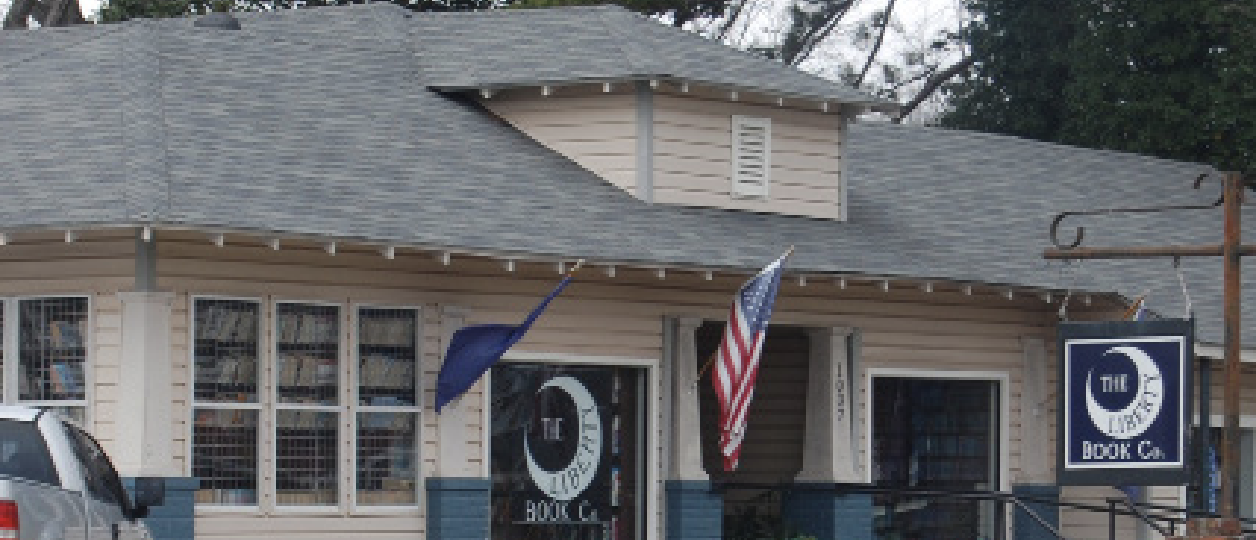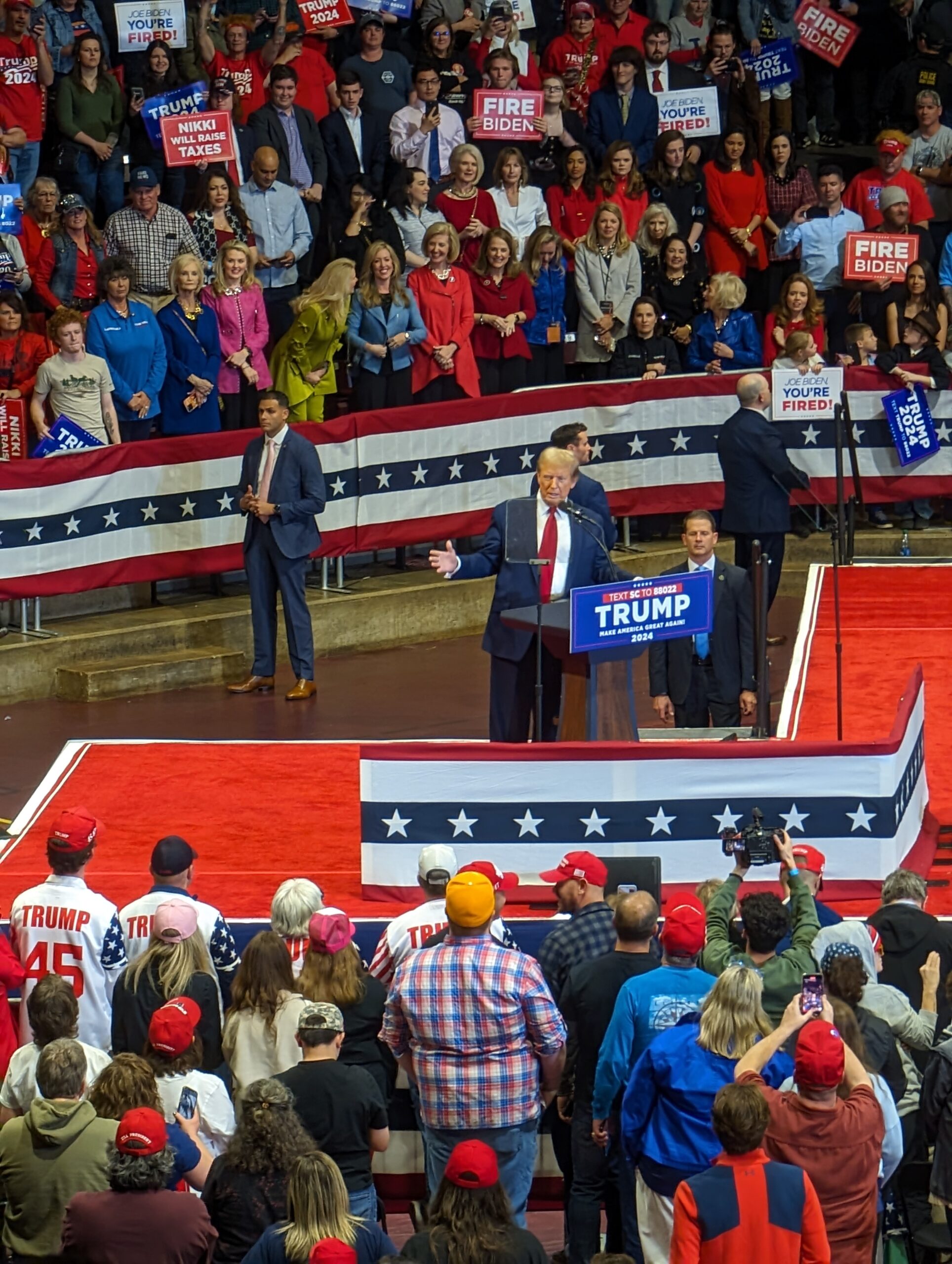The debate surrounding the correct way to read a piece of literature, either by holding the physical book or using a device, is a topic that has plagued many avid readers.
Some people argue that holding the physical book is superior to reading on a device because you have the opportunity to turn the pages, place homemade bookmarks, annotate in the margins, and turn down the corners of pages that seem significant.
“I personally miss the use of physical books. There is something about holding a physical book in your hands. It makes the story feel more real almost,” said Paige Lillibridge, a sophomore English and psychology double major. “I find that I cannot connect that well with what I read on a device because I cannot annotate what I am reading in the same way that I can with physical books, and as a result it feels less significant to me.”
Other people argue that reading on a device such as a laptop, Kindle or Nook tablet is superior. Reading on a device allows for multiple novels to be downloaded and taken without the hassle of carrying numerous books, and the light settings on these devices allow for reading at night.
As a result of the various ways to read literature on a device, fewer people are gravitating towards physical books.
“I certainly think COVID accelerated the adoption of e-textbooks. Fall 2020 was the first that the Department of English ordered electronic and paper copies of the WRIT 101 required textbook to be available for purchase in the Winthrop Bookstore,” said associate English professor Casey Cothran.
Students are sometimes given the option to purchase the required text for their classes as a physical book or as an online option. However, these required texts can be expensive.
“I do wonder if departments with more expensive textbooks (ranging in the hundreds of dollars and that have to be updated with new information every year) might encourage more electronic textbook use because of pricing,” Cothran said.
The Liberty Book Company, a local new and used bookstore close to Winthrop University, has done its best to accommodate its customers, especially since the beginning of the pandemic.
“The biggest shift I have noticed in physical literature consumption would be that it follows genre lines. To explain that a little more, some genres that may not have done well in print media are able to meet more of their audience expectations in a digital marketplace,” said Rayne Rickrode, the front end and inventory manager.
During the pandemic, Rickrode said one of the main differences the bookstore experienced involved the publishing industry and supply.
“We are benefited by being a new and used bookstore as the world adjusts to digital mediums,” Rickrode said. “I don’t think we will ever see an end to print books, but I can understand the economic and environmental benefits digital media offer on a broad scale.”
While technology continues to advance, there will be new ways and devices on which to read literature. However, the intimacy of holding a physical copy of a well-loved book will always be superior for some readers.




